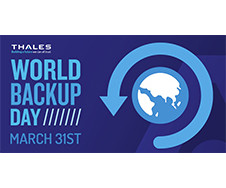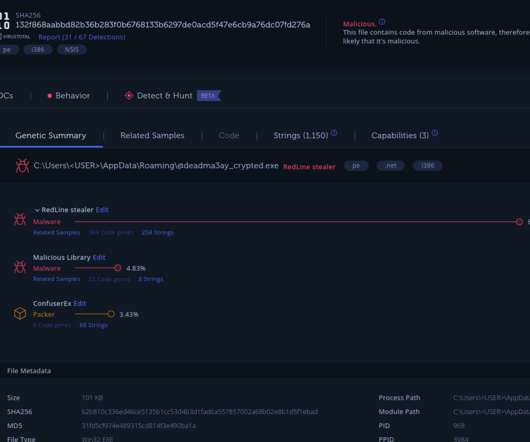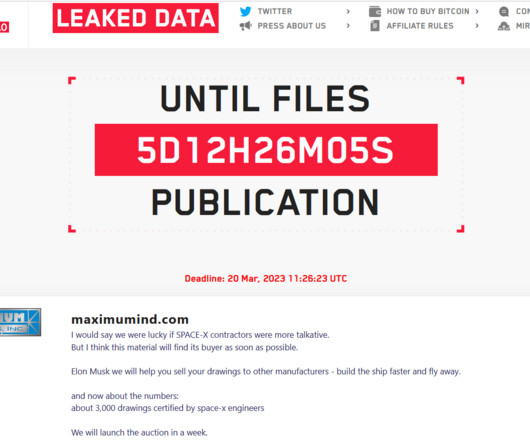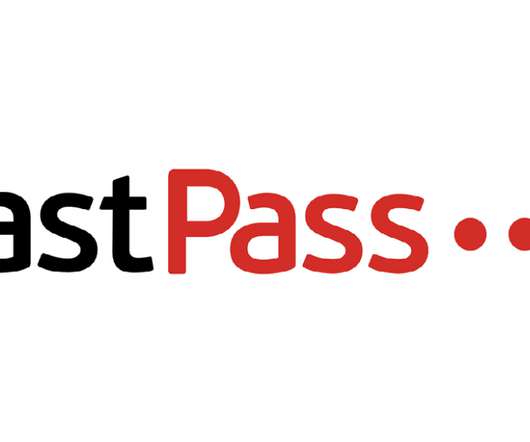News Alert: i2Coalition launches ‘VPN Trust Initiative’ to promote VPN operators’ best practices
The Last Watchdog
SEPTEMBER 26, 2023
As a result of collaborative efforts, the VTI Principles serve as a comprehensive set of best practices for VPN providers that bolster consumer confidence and provider accountability, promoting wider VPN adoption and access to the technology’s benefits. Our coalition launched at a significant time in our industry’s history.


























Let's personalize your content